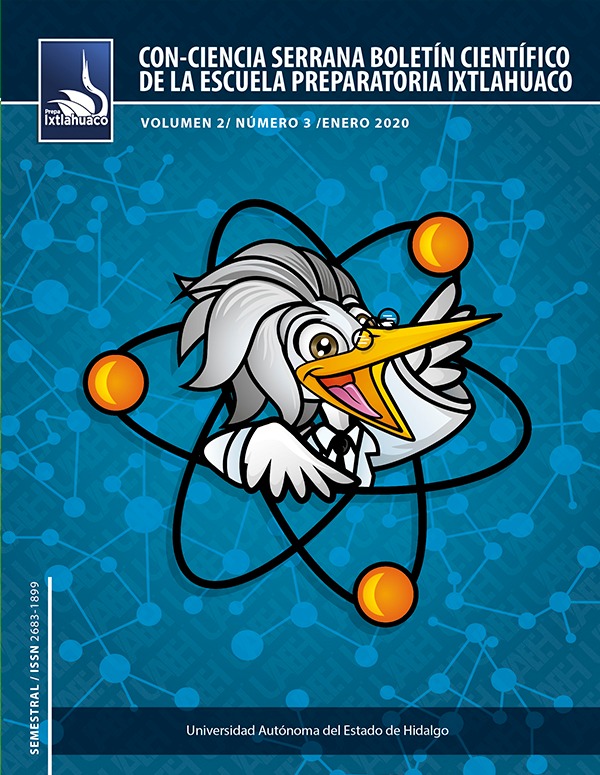Estudiantes de intercambio y su puntuación TOEFL: antes y después de estudiar en el extranjero
Palabras clave:
TOEFL, intercambio, extranjero, puntajes, estudiantesResumen
El propósito primordial de este artículo es realizar un análisis sobre los egresados y estudiantes actuales de la L.E.L.I. (Universidad Autónoma del Estado de Hidalgo) quienes estudiaron en el extranjero, en países donde el inglés es el segundo idioma y uno donde el inglés es el idioma oficial, haciendo un contraste entre estos dos y reconociendo si los alumnos tuvieron la oportunidad de aprender inglés en el instituto donde realizaron estudios; además, reconocer cómo esto influyó en su adquisición del idioma y su nivel de competencia del inglés.
Información de Publicación
Perfiles de revisores N/D
Declaraciones del autor
Indexado en
- Sociedad académica
- N/D
- Editora:
- Universidad Autónoma del Estado de Hidalgo
Citas
Allen and A. Davies (eds.), Testing and Experimental Methods of Edinburgh Course in Applied Linguistics, 4. Oxford: Oxford University Press, pp. 38–104.
Dings, A. (2012). Native speaker/nonnative speaker interaction and orientation to novice/expert identity. Journal of Pragmatics
Kane, M.T. (1992). An argument-based approach to validity. Psychological Bulletin 122(3): 527–35.
Kinginger, C. (2009). Language learning and study abroad. London: Palgrave Macmillan.
Pellegrino, V. (2005). Study abroad and second language use: Constructing the self. New York: Cambridge University Press.
Schmitt, N., 1999. The relationship between TOEFL vocabulary items and meaning, association, collocation and word-class. Language Testing, 16: 189-216.
Taylor, C., Jamieson, J., Eignor, D. and Kirsch, I. (1998). The Relationship between Computer Familiarity and Performance on Computer-based TOEFL Test Tasks. Research Reports 61. Princeton, NJ: Educational Testing Service.
TOEFL® 2000 writing framework: A working paper (TOEFL® Monograph No. MS-18). Princeton, NJ: ETS. Duran, R., Canale, M., Penfield, J., Stansfield, C., & LiskinGasparro, J. (1985).
Top Universities. (2016). Studying Abroad: The Benefits. [online] Available at: http://www.topuniversities.com/student-info/studying-abroad/studying-abroad-benefits [Accessed 27 Oct. 2016].













